Nanjing’s government-backed Purple Mountain Laboratories claims to have made a 6G breakthrough by recording the fastest real-time wireless communication speed ever recorded.
For reference, 6G is likely to be around 50 times faster than 5G, which itself is around 20 times faster than 4G. Whilst this is very approximate, this could mean that a film that may take (say) 7 minutes to download via contemporary 4G would take 6 seconds with 5G (the newest standard currently being rolled out) and circa 0.12 seconds with 6G.
Highest Ever Reported
Working in collaboration with Southeast University, Pengcheng Laboratory, Fudan University, and China Mobile, the lab claims to have achieved a single-wavelength net rate of 103.125 Gbps and a dual-wavelength terahertz wireless transmission (in a lab environment) with a net rate of 206.25 Gbits/sec. As well as being the highest transmission terahertz real-time wireless communication ever publicly reported, this has the potential to increase the speed of 5G transfers, which are already 20x faster than previous standards
What Does This Mean?
Purple Mountain has said that this terahertz frequency band (300GHz~3THz), is considered to be the foundation of 6G mobile communications. The implications of the lab achieving a speed/wireless transmission rate this high could be:
– The replacement of the existing mobile optical fibre network, reducing the amount of data centre cables and power costs, and integrating with the existing optical fibre network to bring ultra-high speed outdoor and indoor wireless access.
– Installation on satellites, drones, and airships to help boost wireless communication between satellite clusters, the sky, and the Earth, or between separate satellites.
6G
6G is expected to be around 50 times faster than 5G with faster data rates and lower latencies. Even though 5G wireless technology is still only just being rolled out in many countries, 6G is expected to be its successor. Huawei Technologies Co estimates that 6G will enter the market around 2030 but an agreement is still to be reached on the technical standards that could support 6G frequencies, signal modulations, and waveforms.
Others Testing 6G
Purple Mountain Laboratories is not the only one to be testing 6G and claiming breakthroughs. Back in August, for example, LG, in partnership with Fraunhofer Heinrich Hertz Institute in Germany, claimed to be the first company to successfully transmit data across 6G outdoors. Also, back in June, a Samsung prototype was reported to have demonstrated successful 6G data transmission on terahertz (THz)/6G frequencies.
What Does This Mean For Your Business?
For UK businesses, it’s likely to be frustrating that 5G hasn’t been successfully rolled out yet and there’s already news of the development of its successor 6G and how businesses in other countries (e.g. China) look set to be able to benefit from it. In global terms, it is of course good news that there have been breakthroughs in wireless technology that could, in several years, bring many advantages. Lack of agreement, however, on standards to support 6G frequencies or any kind of official road map for 6G are also challenges to businesses being able to start using and benefitting via 6G any time soon.


